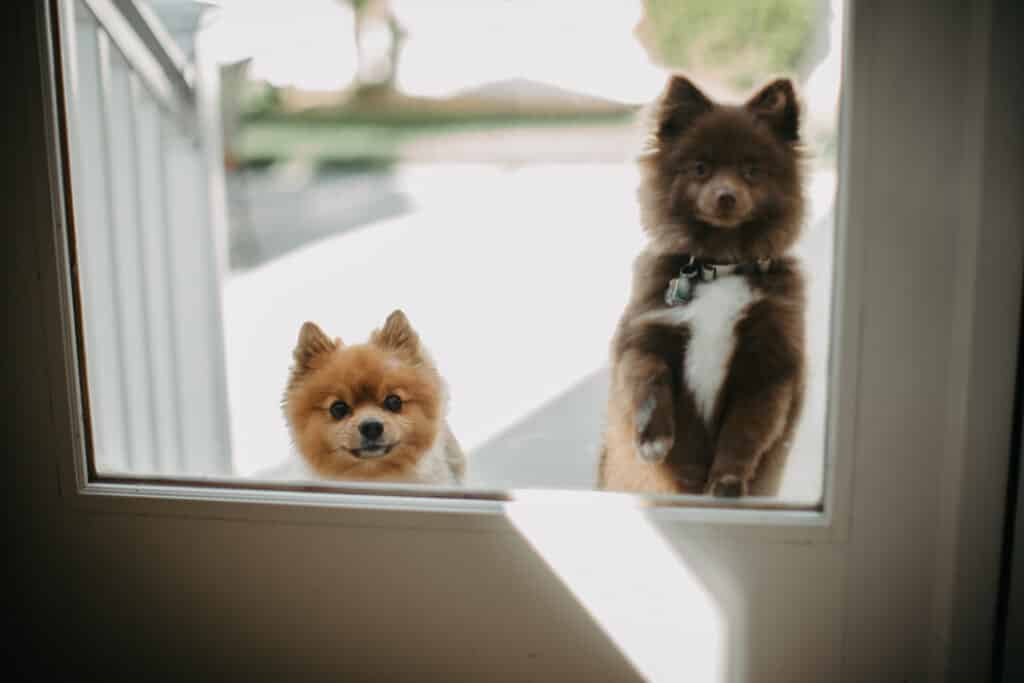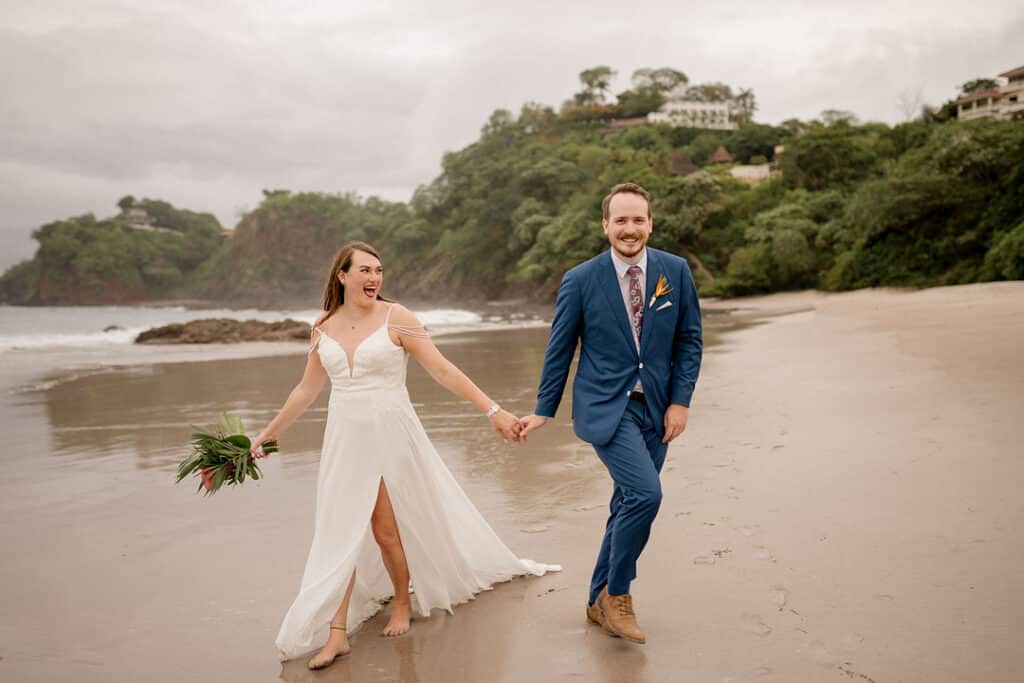Personal Branding Photography: 7 Simple Steps to the Perfect Shoot
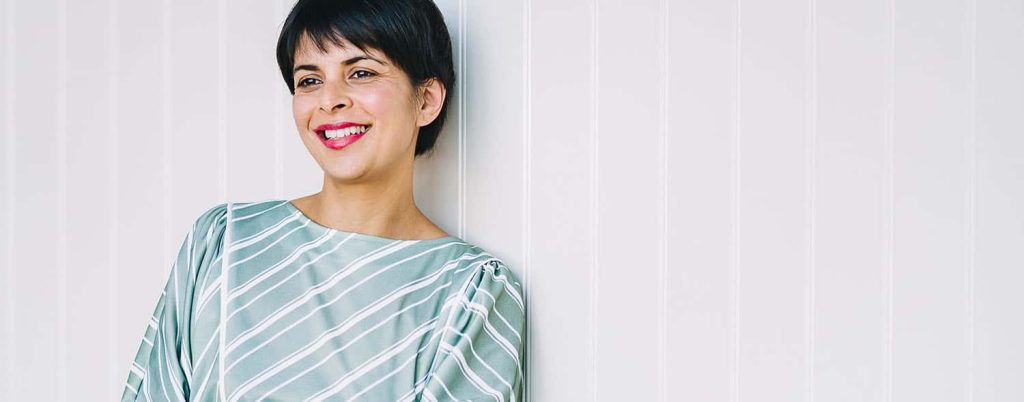
Personal branding photography is booming right now! Find out all about this up and coming genre of photography with handy tips and real life examples!
7 Tips to Get You Started with Personal Branding Photography
There’s plenty to consider for a photographer when embarking on a branding shoot for a client or business owner. You’ll need to find out all you can about your client—an insightful questionnaire is key—and you will need to guide and work with your client to choose a location with the perfect light. You must also consider factors like props, models, outfits, and styling.
It’s vital to create and adhere to a client brief to ensure that you have captured the ethos of their business. If you’re interested in developing a branding side to your photography business then read on to find out more!
#1: Personal Branding Photography: What’s it For?
The concept of branding is more important now than ever. With the enormous boom in social media in the last few years everyone, from teenagers to executives, are developing their online brand. A brand, as you know, is not just a logo or a set of colours; a brand is the whole business. “Brand” covers everything from packaging to ethos, and it’s how businesses portray themselves to clients and showcase the goods and/or services they provide.
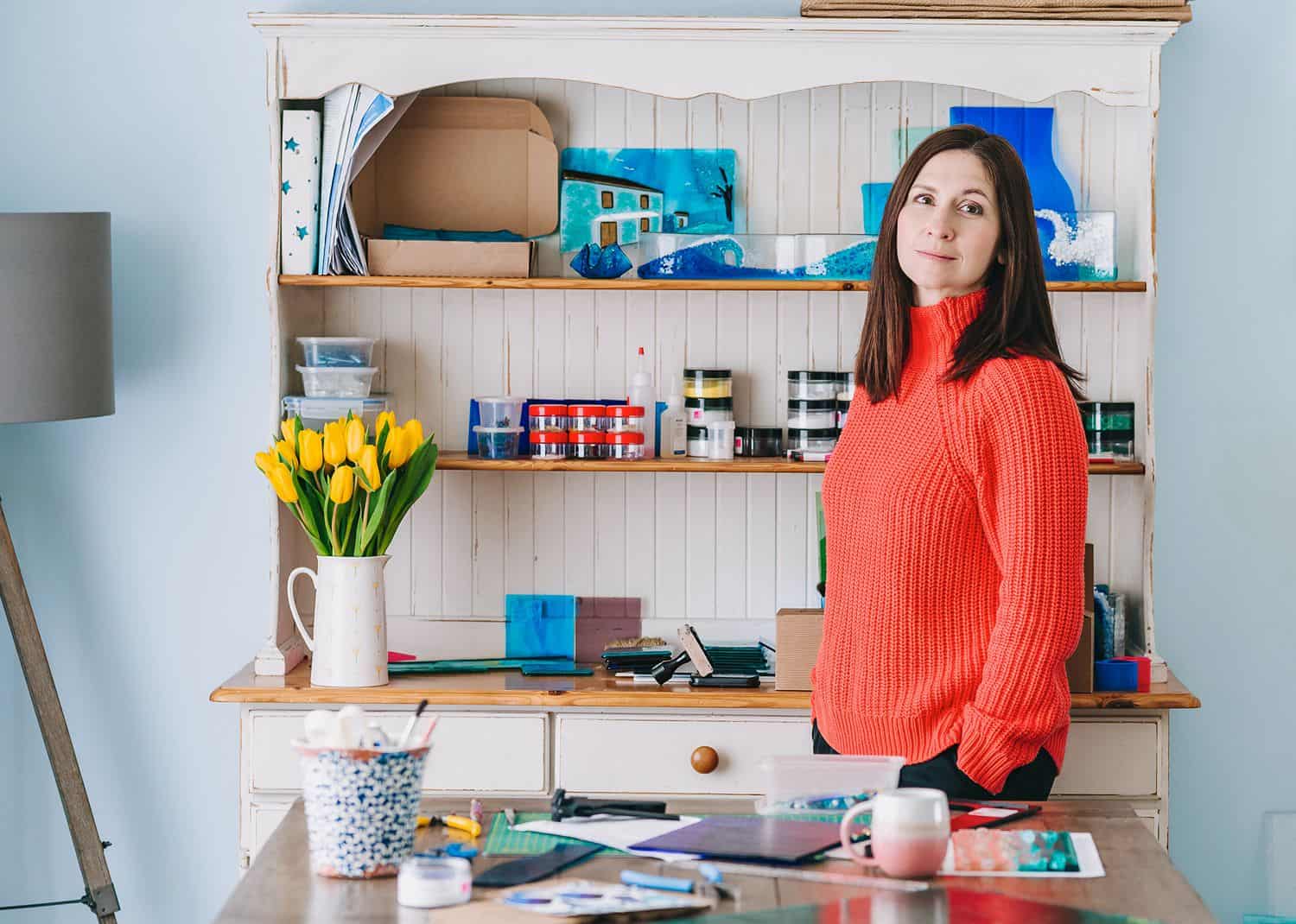
Gemma Griffiths
Personal branding photography is photography that reflects the spirit of the business.
One of the best ways to define a business is through images. Personal branding photography is thriving right now because people understand the importance of personalizing their offerings—whether that be a service or a product.
Personal branding sessions are becoming very popular for small businesses; a single headshot is no longer enough! In the endless search for content, businesses now need to create posts for their Instagram, Facebook, and Twitter accounts as well as their LinkedIn profiles and websites.
A comprehensive and well-planned brand session is a great foundation on which to build a consistent brand persona.
It’s important to show different parts of the business to their clients. Yes, it’s nice to see a smiling face in a headshot; but it’s also great to see the business owner in action!
- For a business who creates a product, clients will love to see the making process
- If the business provides a service, it’s important to showcase how they interact with clients

Gemma Griffiths
#2: How to Prepare Your Client for Their Personal Branding Photography Session
When planning a personal branding session, it is essential to get to know your client or business owner’s needs well in advance. As businesses, branding and personality are so intertwined these days, it’s important to focus on all aspects.
The best way to do this to use a personal branding photography questionnaire to find out everything you need to know about your client and their business. Before a session, I will meet with a client or business owner, speak to them over the phone, and interact via email many times to make sure I have all the answers I need.
The Personal Branding Questionnaire: What to Ask Your Client
- Is your brand local, national, or international?
- What do you offer – a service? A product?
- Describe the feelings you would you like to communicate. These could be joy, inspiration, confidence, comfort, excitement, silliness, etc.
- Who are your clients?
- Is your product/service a boutique item, or is it mass-produced?
- Do you have an established brand already? If so, what are your colors and fonts? Can you describe your overall style?
- How do you plan to use your images? Are they to be published on social media, website, printed materials
- Describe your personality: professional, informal, outgoing, laid-back, joyful, quirky, etc.
- How do you want to be seen? Do you usually wear a business suit or a ballgown? A wetsuit or an apron?
Study their existing website, social media platforms and questionnaire responses to get a feel for their brand. Can you help them to portray themselves in a better way?
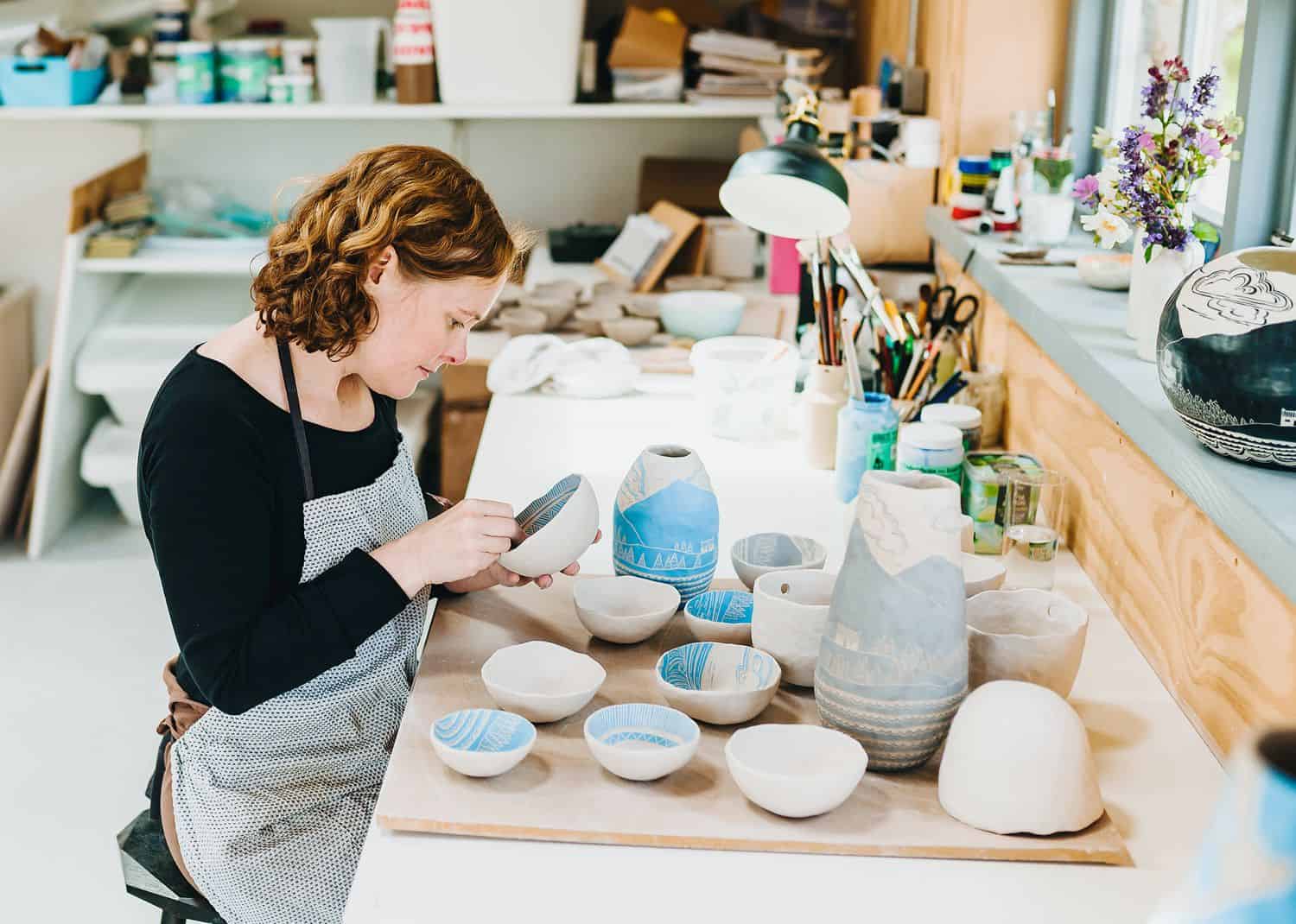
Gemma Griffiths
#3: Work Together: Plan the Session with Your Client
Although clients understand the importance of a personal branding session, most will need guidance on the best way to capture their product and service. Planning the session together is essential. Use your expertise to collaborate with your client or business owner to show off their work in the best possible way.
Every Session is Different
Each client is unique and has their own set of requirements. No two assignments will be the same. I’ve photographed a harpist, dentist, ceramicist, glass artist, CEO, actress, writer, financial advisor, and even a mermaid over the last few years—and each shoot has been approached and planned in a different way.
After an initial consultation, I work with my clients to establish a look and feel for the assignment. We’ll be in contact for a few weeks before the photography session, researching and passing ideas back and forth. It can be helpful to create a Pinterest board to share ideas (explain that you won’t be able to replicate the images exactly though!)
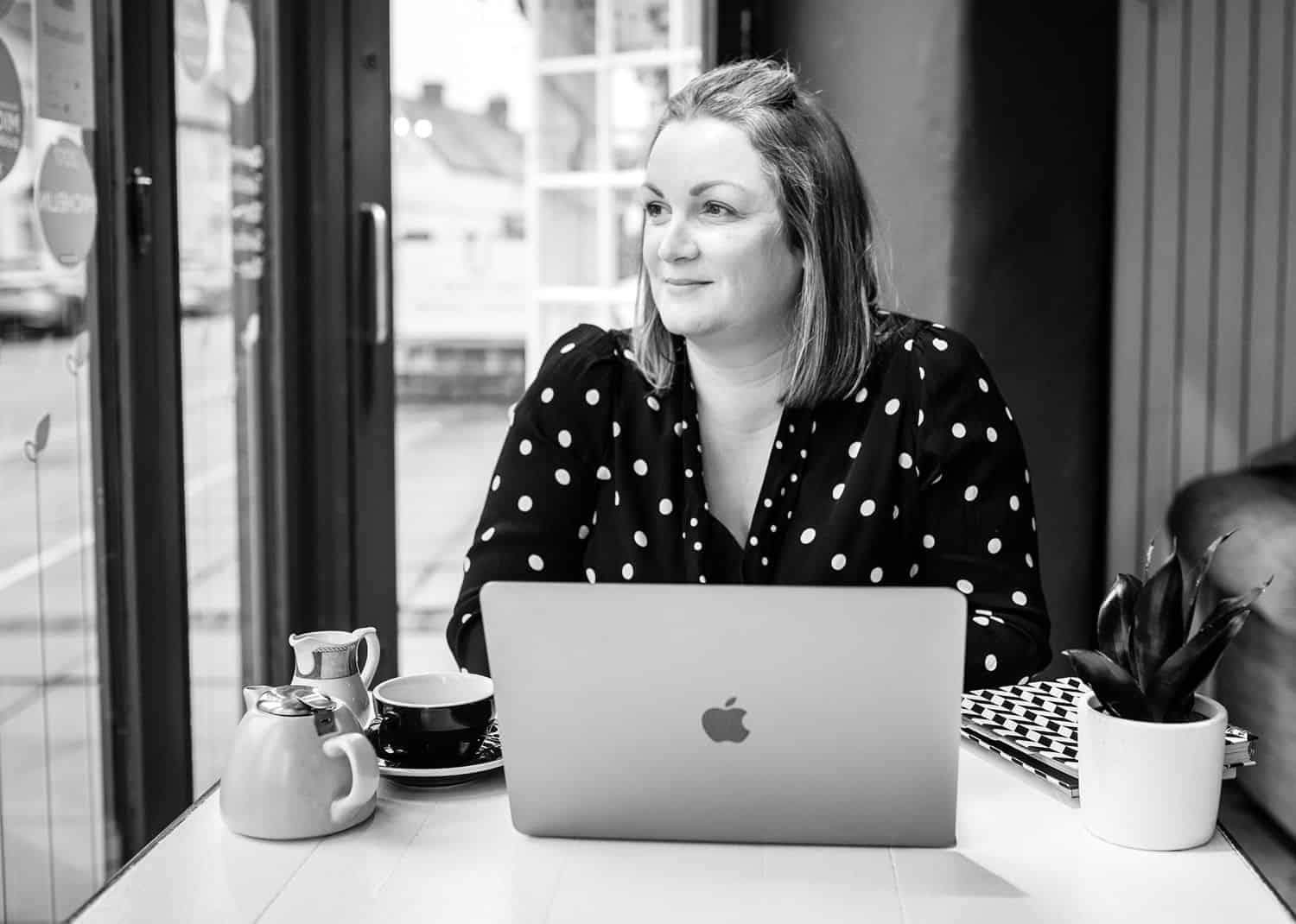
Gemma Griffiths
The Days of “Just a Plain White Background” are Over
Clients have developed a more sophisticated taste! Most of my clients hate their old headshot and want something fresh and new; something less formal yet still professional.
Commercial clients favour wearing smart professional clothing. Creative brand clients will opt for portraits within their place of work: a potter wearing an apron, a writer at home at the kitchen table, etc. Each choice is personal, so it’s vital to strike the right chord to bring their brand to life.
#4: Use This Checklist!
Requirements will vary from shoot to shoot, but you’ll need to think about these elements before each brand session.
Locations
Finding a great location is key. Over the years I’ve shot personal branding sessions in cafes, parks, gardens, kitchens, workshops, beaches, swimming pools, studios, and offices. In each location I ensure that the job will take place at the best time for the available light.
Outfits
Once you get to know your client, you’ll be able to advise on a suitable outfit for the shoot. Remember to take into account the location you’re using, their current brand colours and brand style, and the brand image they’d like to portray. I advise my brand clients to think very carefully about their outfits, and I often encourage at least one change of outfit during the brand session.
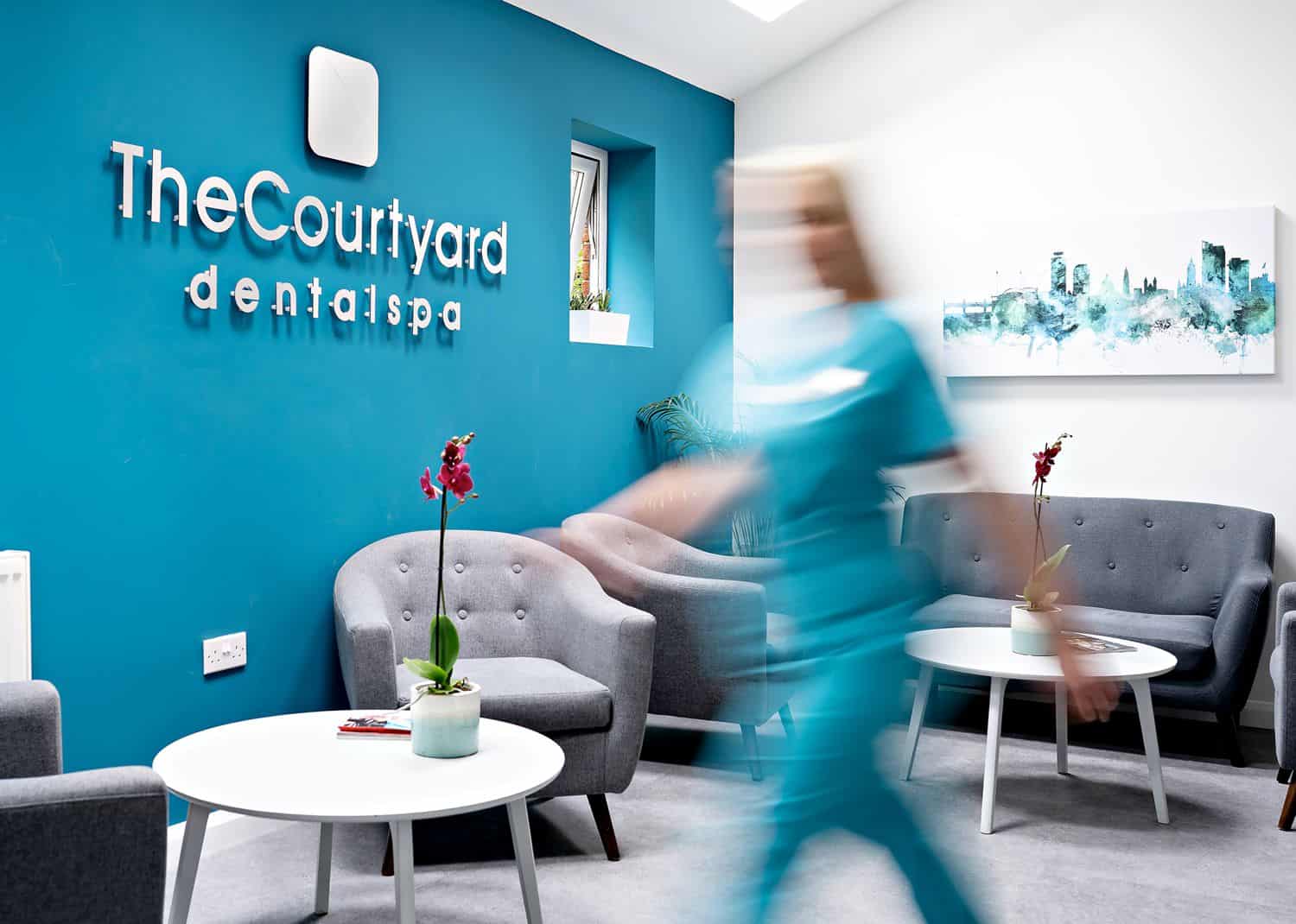
Gemma Griffiths
It’s helpful to explain to clients that logos, writing, and pictures on clothing don’t work well. Encourage them to choose a style that will flatter them whilst also linking them to their brand. For example, if their brand colour is blue, they might like to incorporate that colour into their outfit.
Props
Some jobs will require props, which will need to be sourced by you or the client. Other shoots might be more straightforward, with nothing more needed than a laptop and good-looking coffee cup.
Kit
Of course, you’ll need your camera kit with you on the day! I work with:
- two Sony A7iii cameras
- the first camera has a Sigma Art 35mm lens attached
- the second camera has a Sigma Art 85mm lens attached
I use both cameras to provide a variety of different looks. I favour the 85mm lens for portraits and prefer the wider 35mm lens for capturing the whole setting (office, workshop, café etc).

Gemma Griffiths
#5: Plan the Flow of Your Shoot
As personal branding photography is so multi-faceted, there will always be many different parts to a branding session. It’s really important to capture portraits of your client (everyone still needs a headshot, right?), but it’s equally important to capture things like:
- your client at work
- interactions with their own clients
- products (styled in context and/or as a flat lay)
- work in progress
You should plan the session in a way that makes sense for both you and your client, even splitting the branding session into two shoots, if that works best.
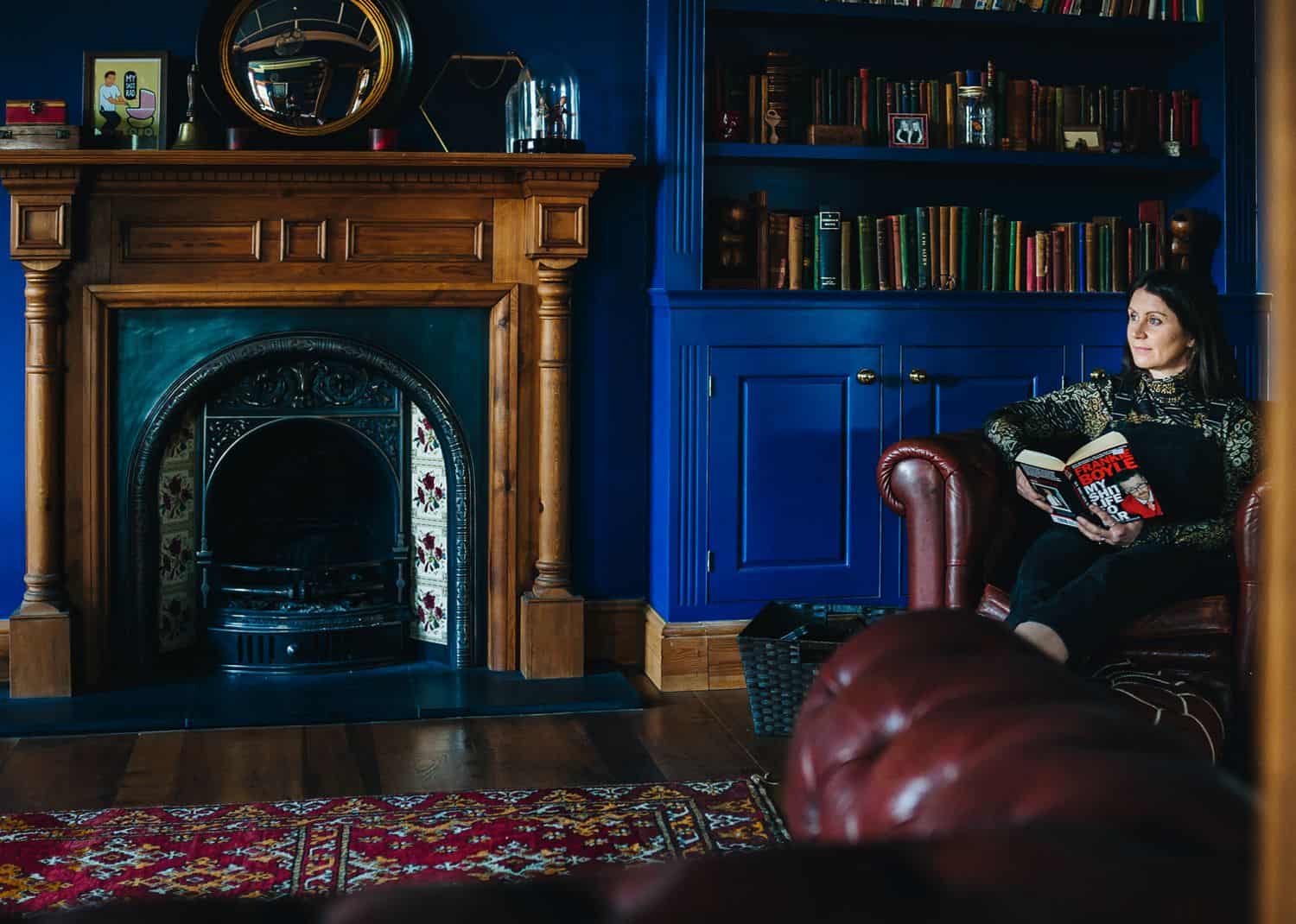
Gemma Griffiths
Make it a Two-Part Photography Session
I recently photographed a glass artist, and we chose to do the photography session in two different locations. The first part was to concentrate on her products, and we planned a styled shoot to show her creations within the context of a beautiful family home. The second part was at her house, focusing on images of her working and making sure that we had plenty of portraits to fit her brand.
#6: Post-Shoot Considerations
Most personal branding clients will want their images provided digitally. My clients use their images across all their social media platforms as well as on their websites, so it’s rare for personal branding clients to request printed images or products. Either way, it’s helpful to establish how your client wants to use the images afterward.
When providing images for website or social media usage, it’s important to find out the size and orientation of images that might be needed. Some clients might need panoramic images to fill the space at the top of their sites. Others might require square or portrait images. The more information you have in advance of the personal branding session, the better equipped you’ll be to service your client afterwards.
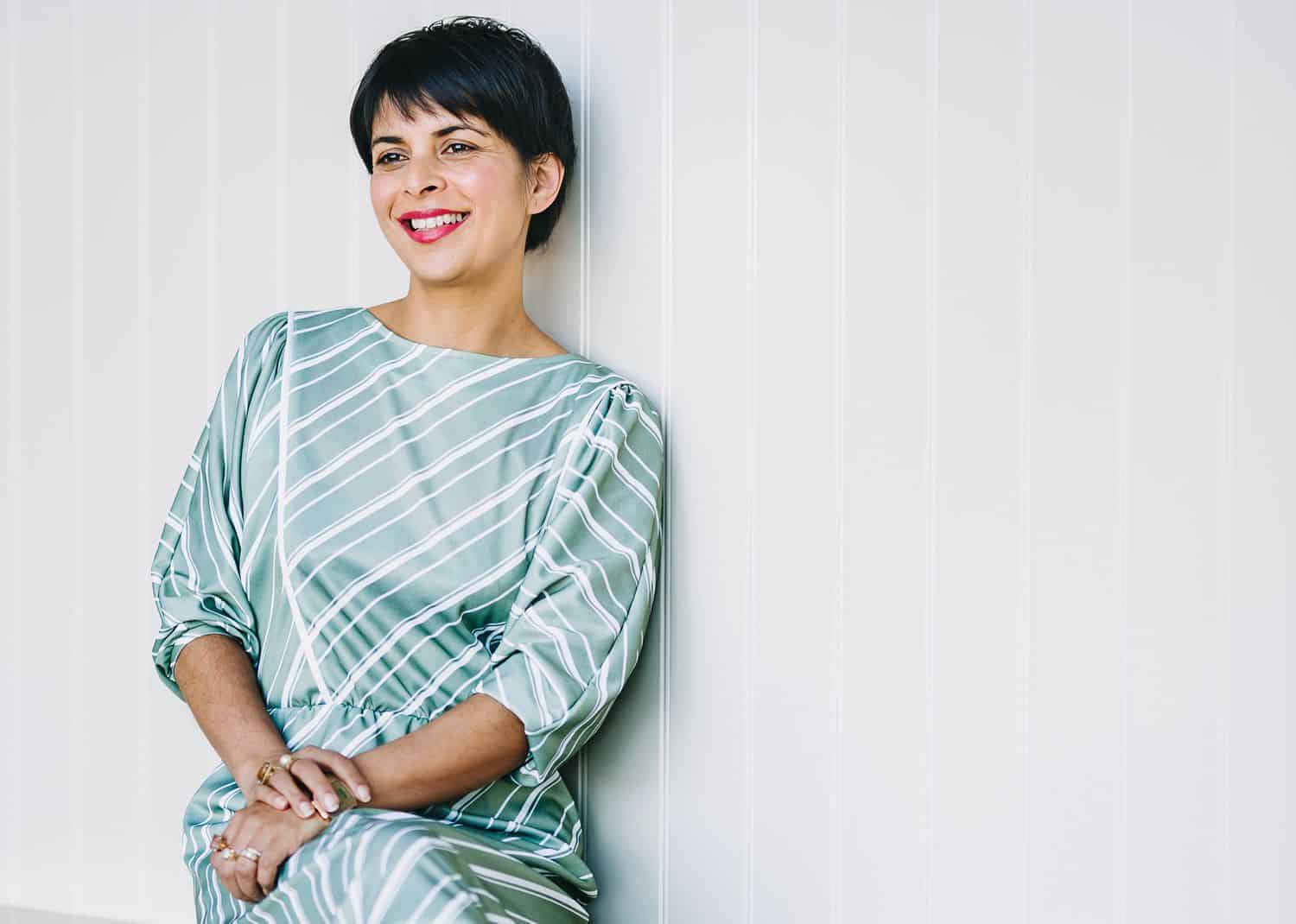
Gemma Griffiths
#7: Get Started as a Personal Branding Photographer
Here are some steps that will help you build your brand photography business:
- Network with local businesses and start to build relationships within the local business community.
- Research and approach businesses that appeal to you. Initially, you could offer them a free “taster” photography session to help their business.
- Build your portfolio. Use a combination of free or reduced-cost shoots to build a body of work.
- Clearly define “Personal Branding Photography” as a distinct aspect of your photography business. If you also offer wedding or family photography, ensure that you have a separate portfolio of your personal branding work.
- Experiment and learn. Push yourself to keep learning throughout the process. Try different things each time you go out to keep your work fresh and exciting!
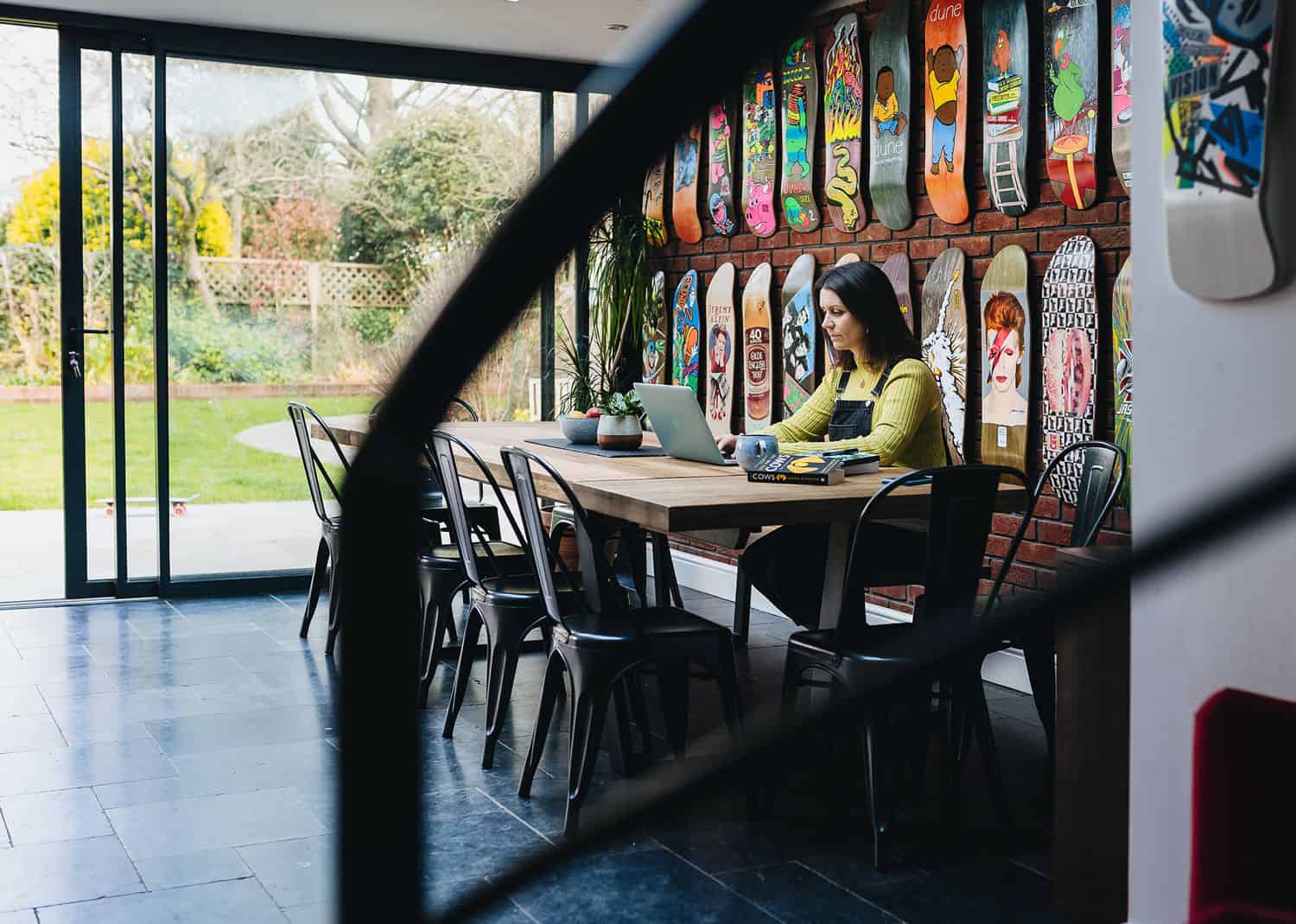
Gemma Griffiths
Once you’re comfortable with your process, you’ll be able to book clients and execute shoots with ease!
Do you have tips to share?
Comment below!
Written and Photographed by GEMMA GRIFFITHS
Gemma Griffiths is a U.K.-based commercial and family photographer who works with small businesses and families in South Wales. Gemma is married with two children, and when she’s not working, she loves spending time at the beach trying to surf.

